On paper, millennials are simple. Born 1982– 2000 (depending on your research), they are, to many, a generation of self-entitlement, laziness and rapidly changing technology. As of last year’s census, millennials, numbering more than 83 million, have overtaken previous generations and account for one-fourth of the U.S. population. With large numbers comes power, particularly buying power, and millennials are changing the face of the economy, travel included. How millennials travel is shaping industry priorities and brand offerings, making way for a more personalized mode of travel and startups with the potential to morph into industry giants overnight. While older generations may scoff at, say, an entire business trip planned with nothing more than a handheld device, for a millennial traveler such conveniences are just another day in the life.
The course the millennial generation plowed through history sets the tone for its actions today. Technological advancements in the 1980s and 1990s laid the foundation for the world as it stands currently. In the same years millennials were born, their parents were listening to music on the Sony Walkman and watching movies on the first VCRs. Many had yet to buy their first PC or cellphone. Fast forward to the millennia’s formative teen years, and cellphones — even smartphones — are commonplace, and internet usage is widespread. By the time many millennials are in college or part of the job market, enabling them to make buying decisions that influence the travel industry, social media occupies a key part of life. Unlike their parents before them, millennials have never experienced a time in their adult lives when travel and technology were not intertwined.
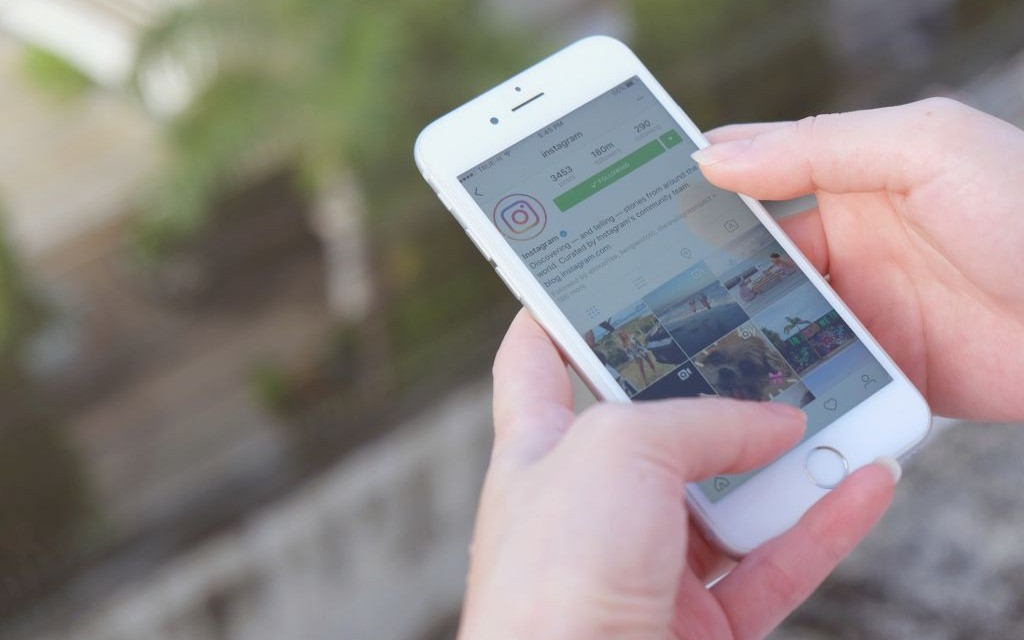
© Nongnuch Leelaphasuk | Dreamstime
Millennial travelers are driving an unprecedented growth in mobile booking and the other travel conveniences afforded by technology. Convenience and accessibility allow for ultimate micromanagement when planning a trip without ever using a personal computer or printer. From boarding passes and navigation to interpretation and cataloguing travel photos and videos, today’s mobile devices eliminate the need for a large number of physical objects once considered travel necessities. This constant access to travel booking and plans allows millennials a level of spontaneity unavailable to their parents. As such, a noticeable trend among the group is the habit of booking last minute.
Possibly, however, the largest tech player in relation to millennial travel is social media. Social media standing is incredibly important to millennials as users attempt to develop themselves into an elevated persona or even a brand. In a poll conducted earlier this year by Expedia and Future Foundation, 30 percent of millennials admitted a tendency to idealize their lives on social media, with 40 percent expressing a desire to be more like their social media selves in reality. It just so happens social media posts regarding travel are an excellent addition to any social media page looking to up its appeal or overall appearance of wealth, leisure or sophistication. Just posting about their travel is not enough, though; millennials expect a certain level of interaction from their followers, with almost half saying it’s important to them that people comment on posted travel photos.
In addition to travel and social media combined being a source of validation for millennial travelers, it’s also a source of inspiration. Vacation destinations, travel activities and brands used are all influenced by what millennial travelers see as they scroll through social media feeds. It’s not uncommon for images to be saved through channels such as Pinterest and Tumblr, giving them lasting impact. Feeds such as these and other tech-available sources are what millennials consult before making firm travel decisions; in fact, millennials consult more sources than non-millennials before booking. These include blogs, online reviews and forums.
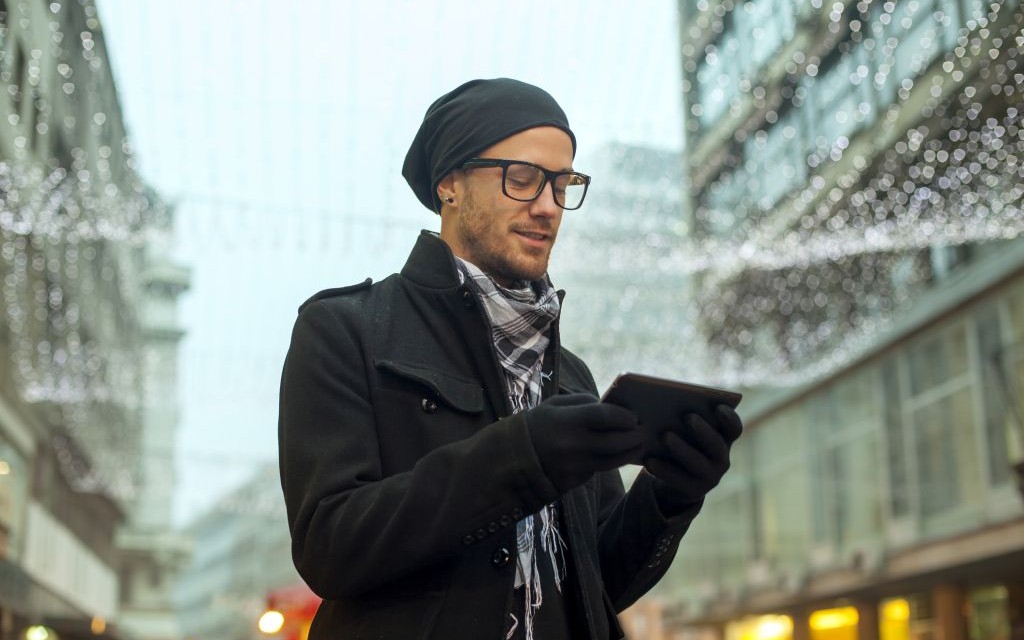
© Adam Radosavljevic | Dreamstime
The constant stream of information, including data regarding peers’ travel and experiences, leads to a generational phenomenon known as FOMO. The fear of missing out is a real and psychological construct under which an individual suffers varying levels of anxiety over the possibility of missing out on an important experience. According to a Harris Poll study, nearly 70 percent of all millennials admit feeling a fear of missing out. Emotions such as these drive new kinds of travel and spending based on authentic experiences rather than tourist traps and material goods.
Millennials, to the tune of 78 percent, are spending more of their incomes on experiences such as travel than on material goods. In the coming years, the amount spent is expected to increase even more. Millennials expect authentic travel experiences, preferably Instagram-worthy. How they define authentic differs but generally includes some sort of local culture and exclusivity, along with a deviation from the normal, mainstream tourist activities. Surprisingly, though, most millennials are not willing to put their safety at risk for these authentic experiences, and most carry a higher concern for personal safety when traveling abroad in comparison to older generations. How do millennials verify a travel activity’s authenticity? Most go back to the same group consulted before booking travel plans.
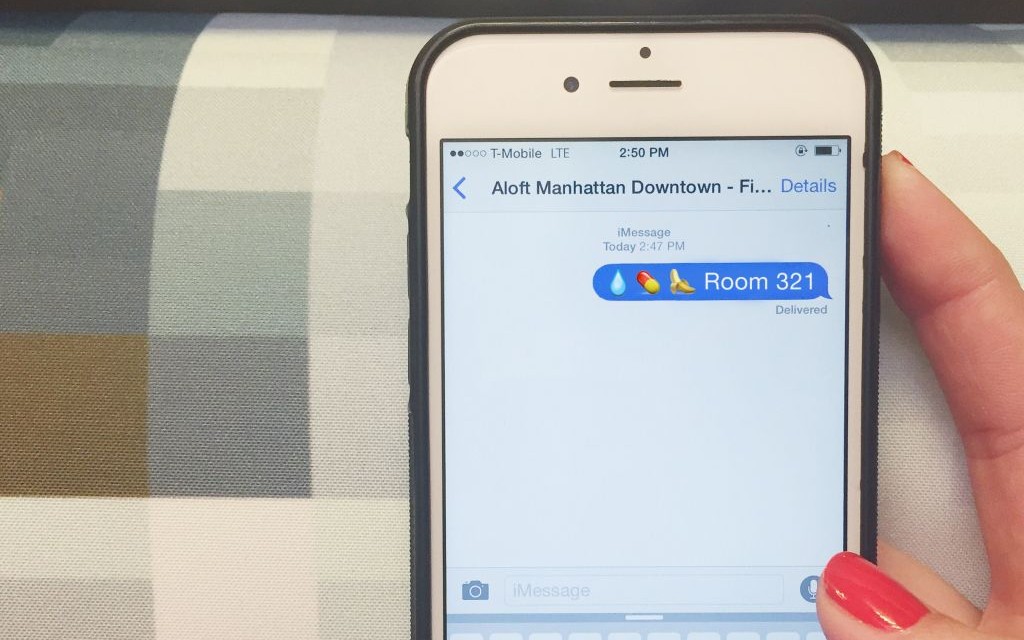
© Aloft | Starwood Hotels & Resort
Travel brands are increasingly attempting to capture millennials’ buying power, though some are doing a better job than others. As millennials reveal the need for customized, purely individualized travel experiences, travel professionals see a need they can fill by creating one-of-a-kind itineraries. As millennials look for extreme convenience, airlines and hotels find ways to tailor their products to a new, digital-friendly clientele. Even business travel providers work to accommodate the millennial business traveler, the norm rather than a rarity, as the group expresses interest in traveling for work. Entire brands are developed in hopes of offering an eye-catchingly authentic and convenient experience.
Hotel brands especially are jumping on the millennial bandwagon, developing new boutique-feel properties with an emphasis on healthy options, social spaces and digital accessibility. Starwood’s Aloft brand is popping up in hip destinations around the world, boasting vibrant décor, keyless entry, robotic butlers, emoji room service menus and more. Marriott’s Moxy Hotels brand is similar yet distinct, with a more chic than laid-back feel, and lists an impressive pipeline of more than 30 properties. Both are a far cry from the Hiltons and Hyatts millennials may have visited with their parents.
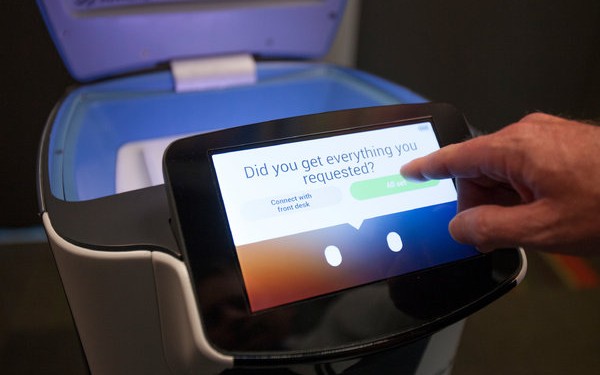
© Aloft | Starwood Hotels & Resort
It’s the sharing economy, though, that truly has millennials to thank for its success. From well-known frequented favorites such as Airbnb and Uber to up-and-comers like BonAppetour, millennials share everything from cars to housing to dining when they travel. While one perk may be overall reduced travel costs as the situation allows, the primary benefit is the off-the-beaten-path authenticity millennials crave, whether that includes a stay in a local’s villa in Italy or a home-cooked meal in Brussels.
As millennials age, will their travel habits begin to mirror those of their parents? Chances are, not likely. Even millennials on the older end of the generation spectrum and those with children are still unwilling to give up their spontaneous, experience-driven travel. Many are choosing to make time for getaways sans children and choosing travel over material goods, habits far different from their parents’. As industry brands fight to keep up with the advancing demands of millennial travelers, other generations may be forced to step aside or learn to adapt to an entirely new way of circling the globe.
Read This Next
Hotels Redesign Uniforms For Millennials
Top Trends
Mar 12, 2016#TrazeeTravel
Insta FeedDestinations / North America
Mar 31, 2025Which Are the Safest U.S. National Parks?
If you are hesitant to explore U.S. national parks for outdoor adventure this summer as less staffing and other issues could mean potentially greater danger for tourists — and because, yes, most parks experience some guest injury incidents each year, sometimes even fatalities — personal injury law firm Mallow Law Office can ease your worries. The law office crunched the numbers to identify the safest national parks in the country based on fatalities from 2014 to 2023. The results?
Sponsored Content
Unveiling Europe’s Treasures with AmaWaterways River Cruises
Embark on an unforgettable adventure with AmaWaterways, recognized as Best River Cruise Line by Cruise Critic. What sets AmaWaterways apart is its commitment to offering you the luxury of more. With up to eight daily included excursion options, you have the freedom to tailor your journey to your interests. Whether you're a history buff, a culinary enthusiast or an architecture aficionado, there's something for everyone on the meticulously crafted itineraries. You will also be treated to a range of exquisitely prepared meals in the Main Restaurant and The Chef’s Table specialty restaurant, unlimited wine and beer during lunch and dinner, an array of complimentary host-led fitness classes, and so much more.
Hotel
Mar 31, 2025Italian Castle Hotel Unveils Cultural Experiences for 2025
Housed in a 12th-century castle, COMO Castello Del Nero reopened for the season with a host of cultural experiences. This 750-acre estate in the Tuscan countryside invites guests to immerse themselves in the charms of the region.
Destinations / North America
Mar 31, 2025You Should Visit Port Gamble, Washington, This Season: Here’s Why
Just a ferry ride from Seattle is a storybook village with 19th-century, New England-style houses, bay views; boutique shops; and endless opportunities for outdoor adventures. Port Gamble sits on Washington’s Kitsap Peninsula, and spring and summer are perfect times to visit this scenic destination. Here’s why:
Sponsored Content
Madrid: The Charm of an Authentic City
They say Madrid is in vogue for many reasons: its lifestyle, its heritage, its cuisine and all of its new attractions. And it’s true, because Madrid is on the radar of travelers looking for a cutting-edge destination that still holds onto its essence. Join us as we explore its charms.
Hotel
Mar 28, 2025JW Marriott Opens New Resort in the Maldives
JW Marriott just opened its second resort in the Maldives, as of February. The new property, JW Marriott Kaafu Atoll Island Resort, is a 15-minute boat ride from Velana International Airport, and offers 80 private pool villas, including nearly 50 overwater pool villas. Each villa further features its own terrace, views of the Indian Ocean and water access. A larger residence is available for traveling groups.
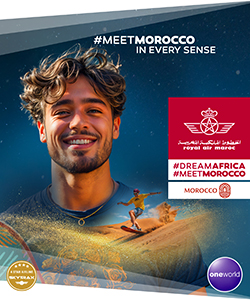
ShareThis